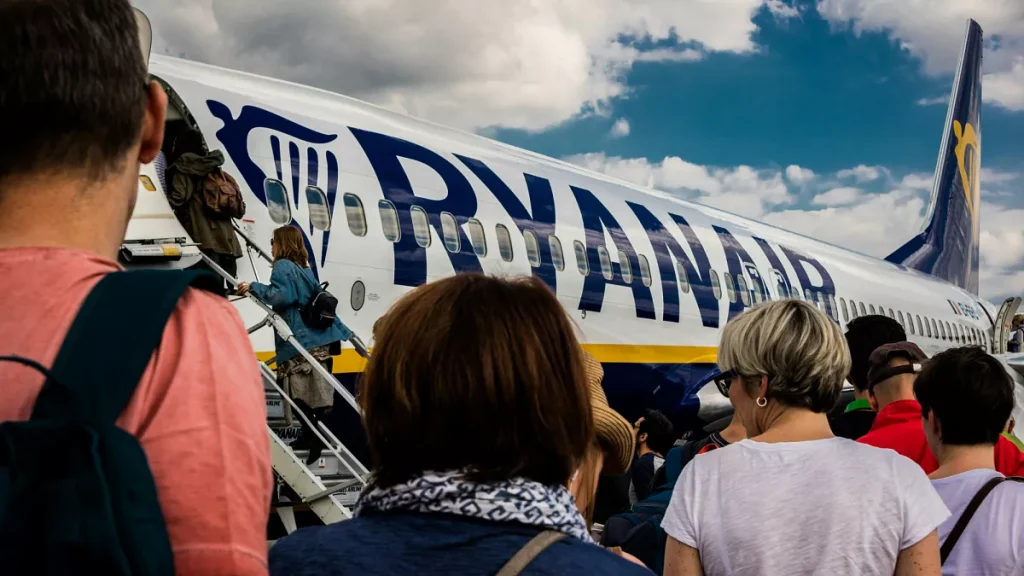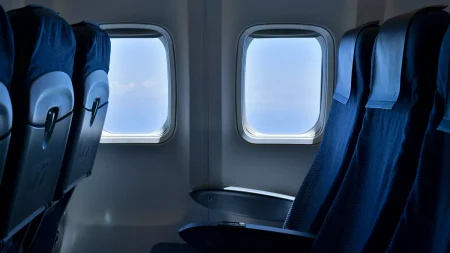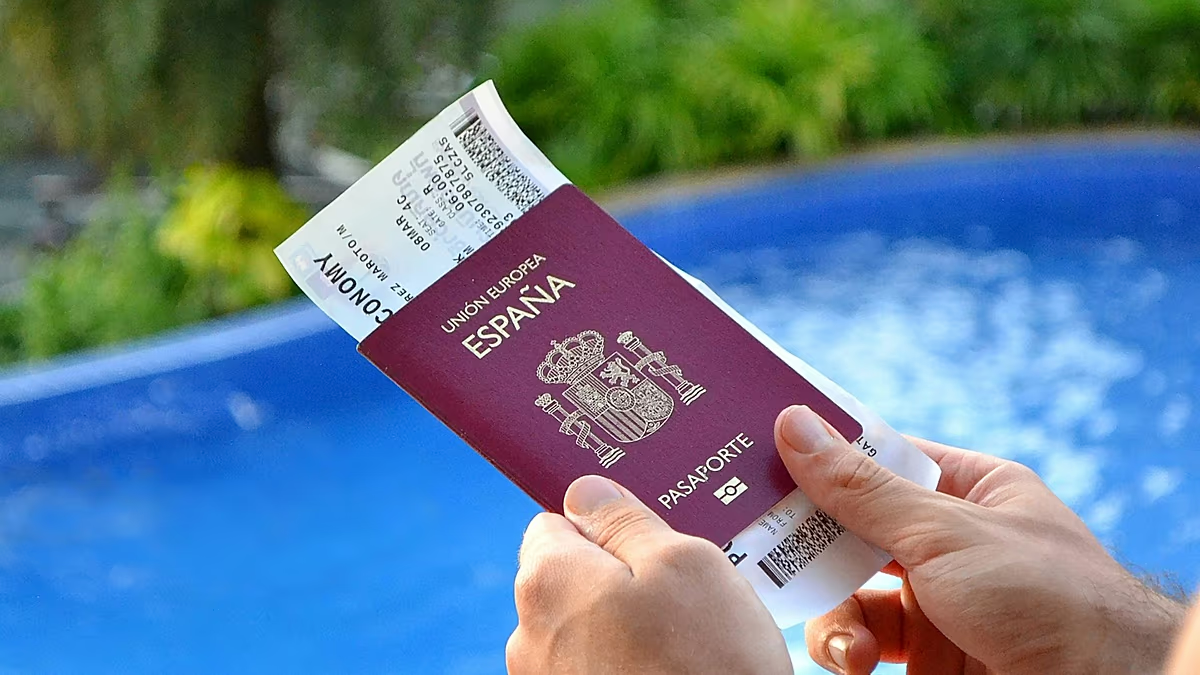Ryanair’s Digital-Only Boarding Pass Shift: What Travelers Need to Know
Starting November 12, Ryanair is implementing a significant change to its boarding process by transitioning to digital-only boarding passes through its mobile app. The budget airline originally planned to launch this initiative on November 3 but pushed the date back to avoid disrupting travelers during the UK schools’ mid-term break. The move reflects broader trends in the travel and entertainment industries, with Ryanair noting that nearly 80 percent of its passengers already utilize digital boarding passes. According to Dara Brady, Ryanair’s Chief Marketing Officer, this transition promises “a faster, smarter, and greener travel experience” for customers, aligning with similar digital transformations seen across festivals, concerts, and sporting events.
While the airline presents this change as a step forward in convenience and sustainability, it has sparked reasonable concerns among various traveler demographics. The most obvious question comes from elderly passengers or those without smartphones, who may feel left behind by this technological requirement. Other practical worries involve common travel scenarios: what happens if your phone battery dies before boarding, your device gets stolen while traveling, or you find yourself in an area with poor internet connectivity? These aren’t insignificant concerns, especially when traveling through unfamiliar airports or countries where finding charging stations or reliable Wi-Fi might be challenging.
Despite Ryanair’s announcement highlighting a complete shift to digital boarding passes, the reality includes important exceptions that passengers should understand. The airline has confirmed that travelers without access to the Ryanair app can still request paper boarding passes at airport check-in desks at no additional cost. The critical detail here is that passengers must still complete online check-in before arriving at the airport. This accommodation creates a safety net for those who cannot use the app for whatever reason, though it does mean potentially longer wait times at the airport check-in counter. Additionally, for flights departing from Morocco, paper boarding passes remain mandatory due to government regulations, with the airline providing these documents free of charge at the airport.
This policy change reflects the aviation industry’s growing embrace of digital solutions to streamline operations and reduce environmental impact. By eliminating the need for millions of printed boarding passes annually, Ryanair can rightfully claim environmental benefits through paper reduction. The digital approach also potentially reduces boarding times as passengers can simply scan their phones rather than managing paper documents. For the majority of travelers already comfortable with smartphone travel apps, this transition likely represents a welcome continuation of practices they already follow. The airline’s app-based system also enables more direct communication with passengers regarding gate changes, delays, or other time-sensitive information.
However, the digital-only approach highlights growing concerns about technological accessibility in essential services. While smartphone ownership continues to increase globally, significant portions of the population—particularly elderly travelers and those from regions with lower technology adoption rates—may find themselves disadvantaged by these requirements. The policy essentially creates a two-tier system: those who can seamlessly use the digital process and those who must take extra steps by visiting airport counters. This raises questions about inclusivity in travel services and whether the industry is moving too quickly toward digital-only solutions without adequate consideration for all traveler demographics. The pandemic accelerated digital adoption across many sectors, but the varying levels of digital literacy and access remain important considerations for companies providing essential services like transportation.
For travelers preparing for upcoming Ryanair flights, understanding these changes and planning accordingly will be essential. Those comfortable with using the Ryanair app should ensure it’s updated before travel and consider downloading their boarding pass when connected to reliable Wi-Fi, rather than relying on mobile data at the airport. Carrying a portable charger or power bank represents good practice for any traveler relying on digital documents. For those unable or unwilling to use the digital option, arriving at the airport with extra time to visit the check-in desk will be necessary. While Ryanair’s shift represents the continuing digitalization of travel experiences, the practical exceptions they’ve included demonstrate an understanding that complete digital transformation requires thoughtful accommodations during the transition period. As more airlines likely follow this trend, travelers of all technological comfort levels will need to adapt to these evolving requirements while companies balance innovation with accessibility.











